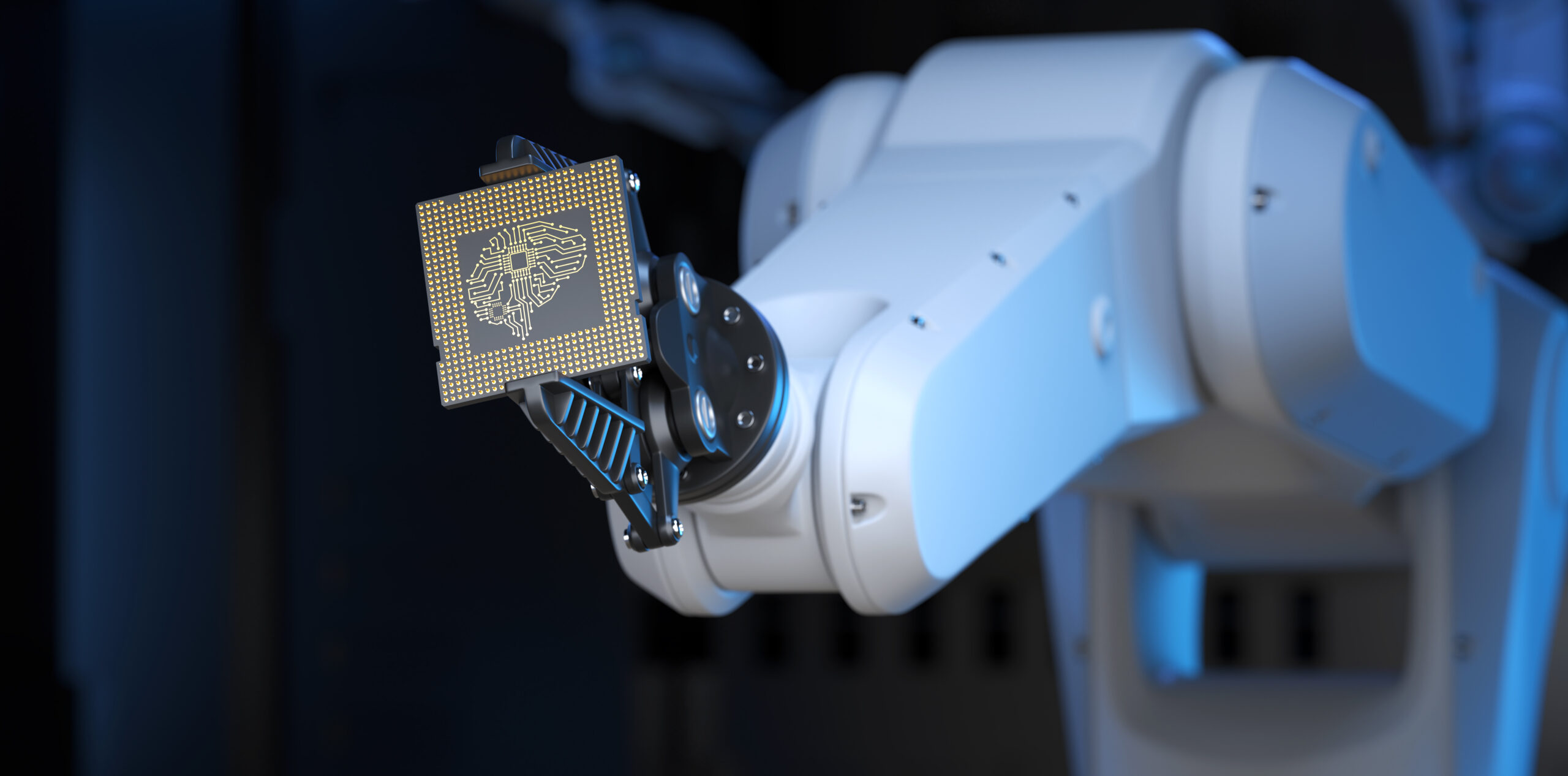
Robotic Process Automation: Manufacturing in Industry 4.0

FoxERP
Automation and manufacturing have been going hand in hand for a long. Imagining manufacturing without automation looks like a far-fetched notion, and vice versa.
Simply put, the word automation refers to the use of specific apparatus to make a process automated, thereby contributing incessantly to its growth.
Since industrialization, automation has gotten a lot of traction, where manufacturing companies are utilizing the processes meant for driving machinery and are an integral part of the entire human race.
Automation of the non-physical core processes holds enormous advantages, meaning unlocking the massive potential of manufacturing, improving the source value, and driving digitization.
However, the power of automation in the manufacturing industries is often overlooked compared to other sectors like Banking, Finance, and Retail, among others.
Even though the application of disruptive technologies in the manufacturing industry has been around for years, there is still a need for new-age applications like Robotic Process Automation (RPA), and that’s where it becomes imperative for manufacturing organizations to tackle the challenges of manufacturing with RPA.
RPA, in simple words, refers to the usage of software technology that enables humans to build, deploy, and manage software robots and emulate human actions interacting with digital systems and software.
It has somewhat thrown an expression of disbelief and misconception that indicates that excessive use of RPA will replace human beings in the upcoming years, but that is irrelevant compared to the human brain’s intellect. It would be wrong to say that RPA will soon replace human beings.
A recently conducted research also suggests that of the organizations leveraging automation in their business operations, only 40% are utilizing the RPA, which itself says a lot about the misconception that comes with implementing RPA in manufacturing.
The potential that RPA holds outnumbers the tedious manual processes that go into manufacturing processes.
For instance, manufacturing business functions such as purchase order creation is a daunting task for businesses with multiple product portfolios, as it takes most of their time to gather information and manually organize purchase orders.
Another example that holds suitable for carrying out RPA bots refers to the impeccable quality of bots to perform repetitive tasks with high quality as compared to humans, which efficiently extract data from independent systems, seek email approval from concerned departmental heads, and process the request for purchase order generation in an effortless manner.
RPA in manufacturing helps businesses be more efficient in product innovation and production with the changes that RPA can offer its customers.
Regardless of the uncertainty in a few sectors about the returns from implementing RPA, its future looks quite promising.
RPA has a long way and a lot of potentials that need to be leveraged, and that is only possible when it is fully integrated and used.
The potential for this technology is not only limited to the automation of manual tasks using robots but also lies beyond predictive maintenance, price forecasting, workflow predictions, and vendor management, among others.
The vision to generate the maximum from the minimum lies in optimizing better assistance and delivering the best quality for their customers in the future.
Conclusion
RPA is going to be the next big thing in manufacturing. This is not confined to the usage and applications of RPA in manufacturing but extends to an all-new plethora of opportunities that come with its applications.
The potential benefit of RPA extends to a wide array of end-use applications in industries beyond manufacturing, and it will only benefit the sectors in the upcoming days.
Recent Posts

FoxERP
Unleashing the Power of ERP Cloud Migration: Benefits, Challenges, and Options
In the contemporary business landscape, Enterprise Resource Planning (ERP) systems play a pivotal role in driving operational efficiency and facilitating strategic decision-making. With the rapid evolution of cloud technology, organizations are increasingly exploring the option of migrating their ERP systems to the cloud to unlock a plethora of benefits and drive digital transformation.

FoxERP
The ERP Revolution: Navigating Enterprise ERP System Challenges
Enterprise Resource Planning solutions can be a lifesaver for businesses. It enables you to automate all your day-to-day business processes in a centralized and streamlined platform. Today, most business organizations implement ERP solutions like FOX ERP to improve business operations, boost data security and data quality, automate workflows, and enhance customer service.

FoxERP
Unlocking Organizational Success by Embracing the Strategic Roadmap to ERP Implementation
Do you know? The global ERP software market is expected to reach a staggering $78.40 bn by 2026, growing at a CAGR of 10.2%. The global ERP software market is estimated to take over 40% of the market share by 2025.



